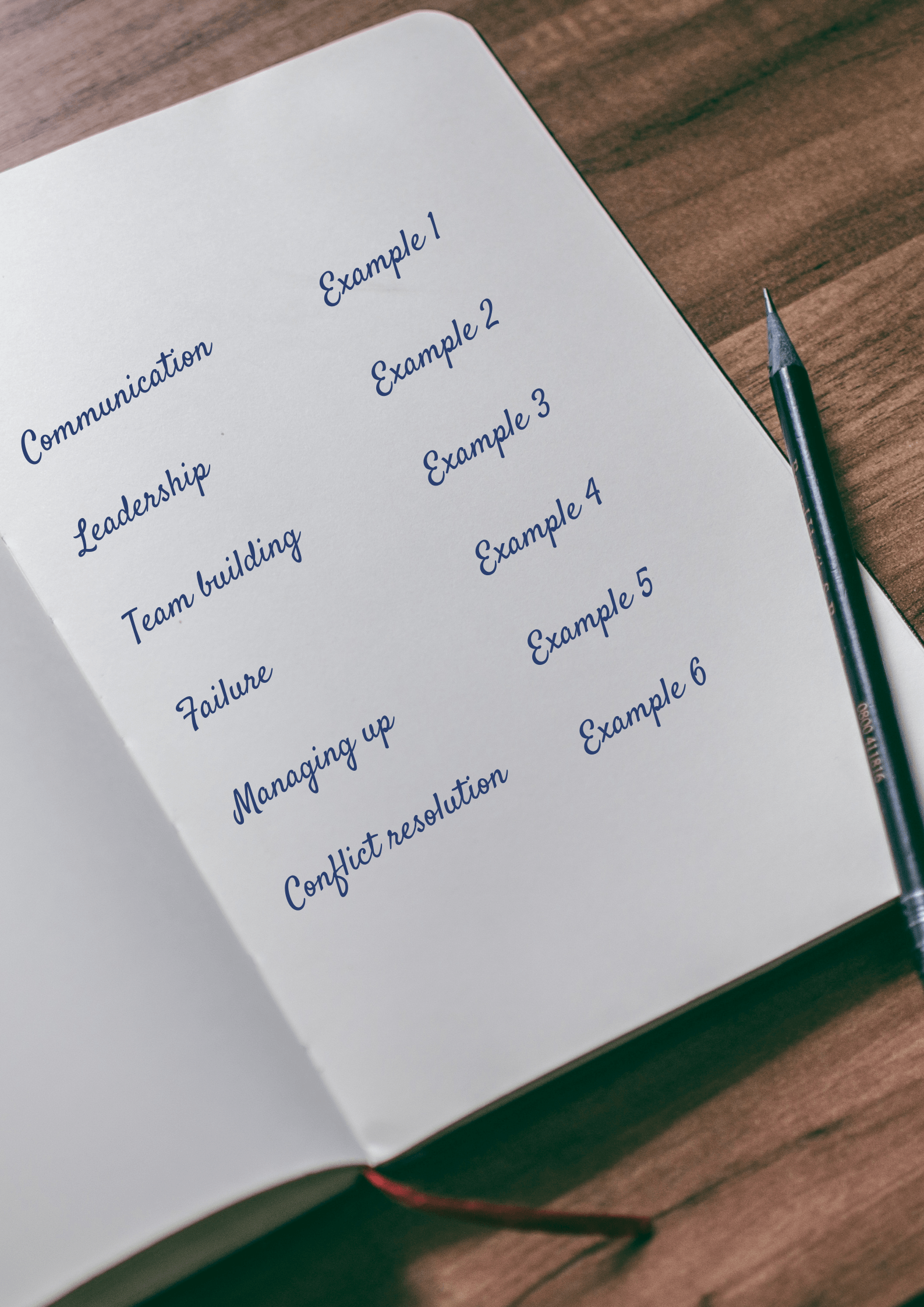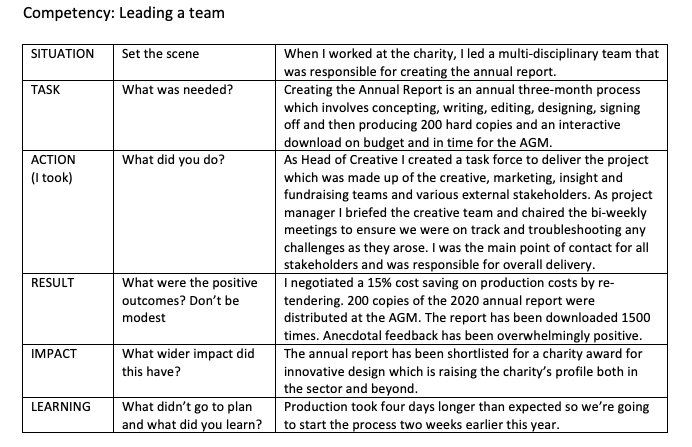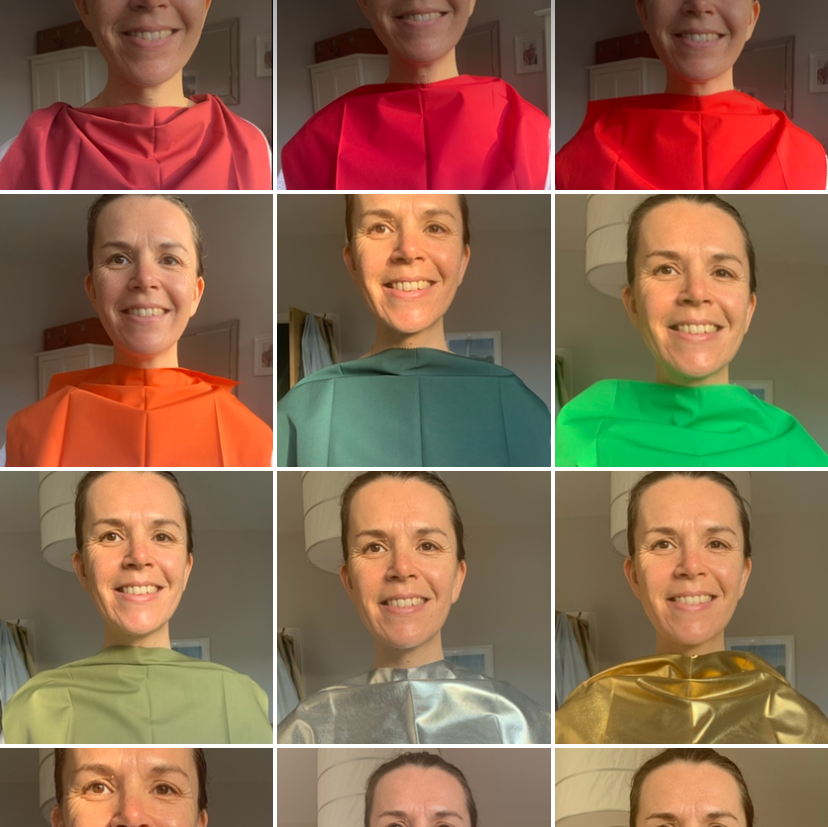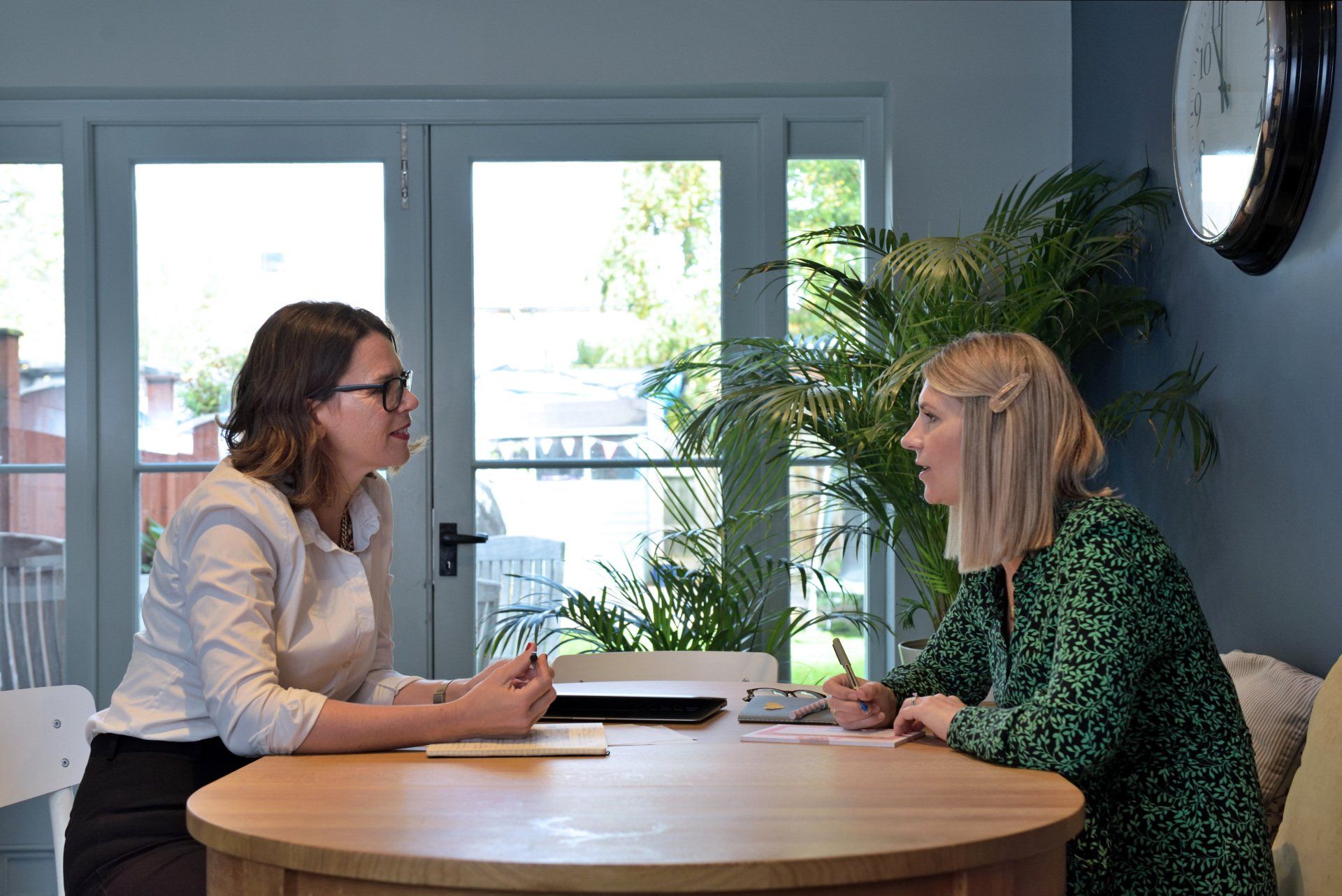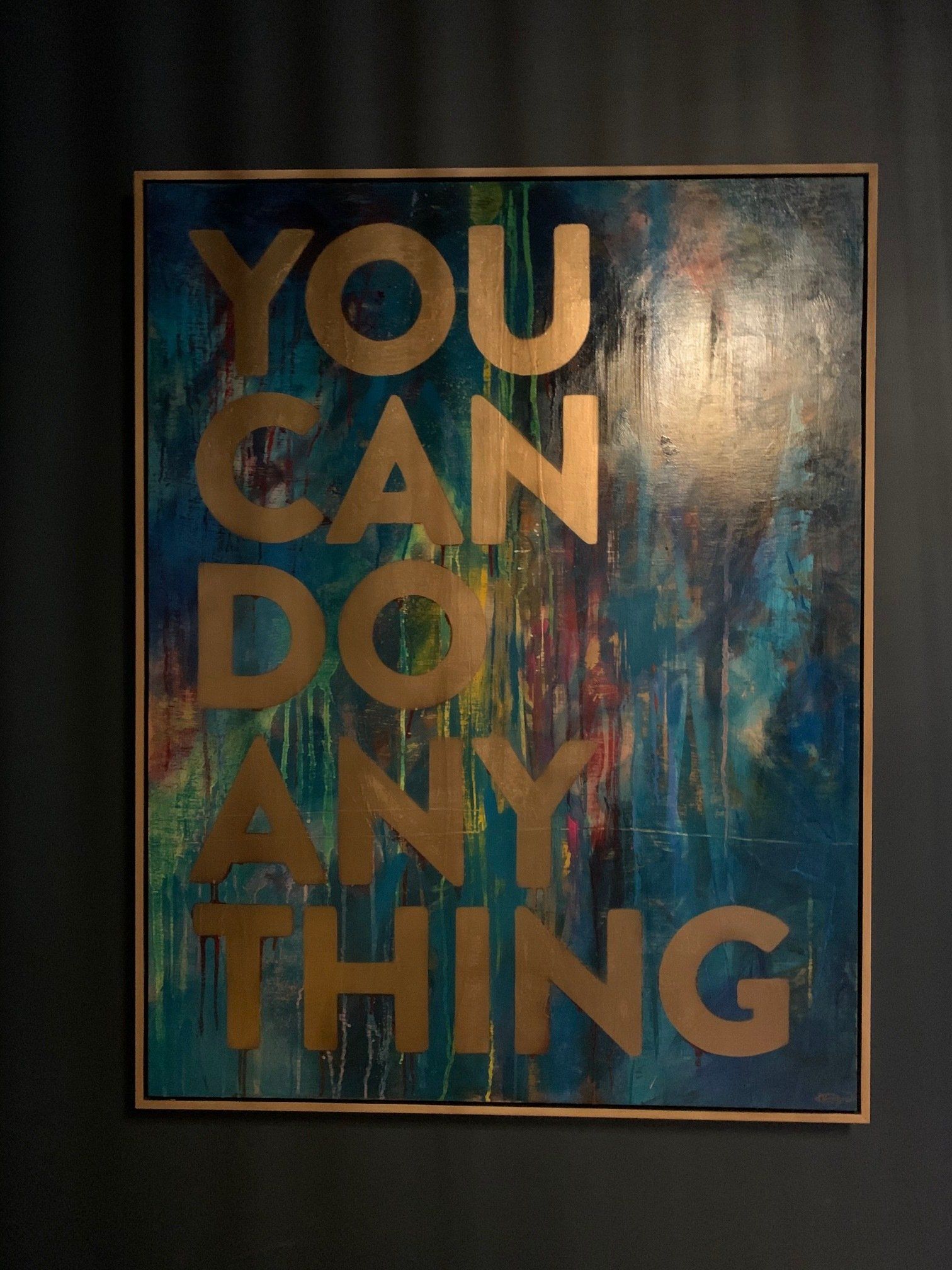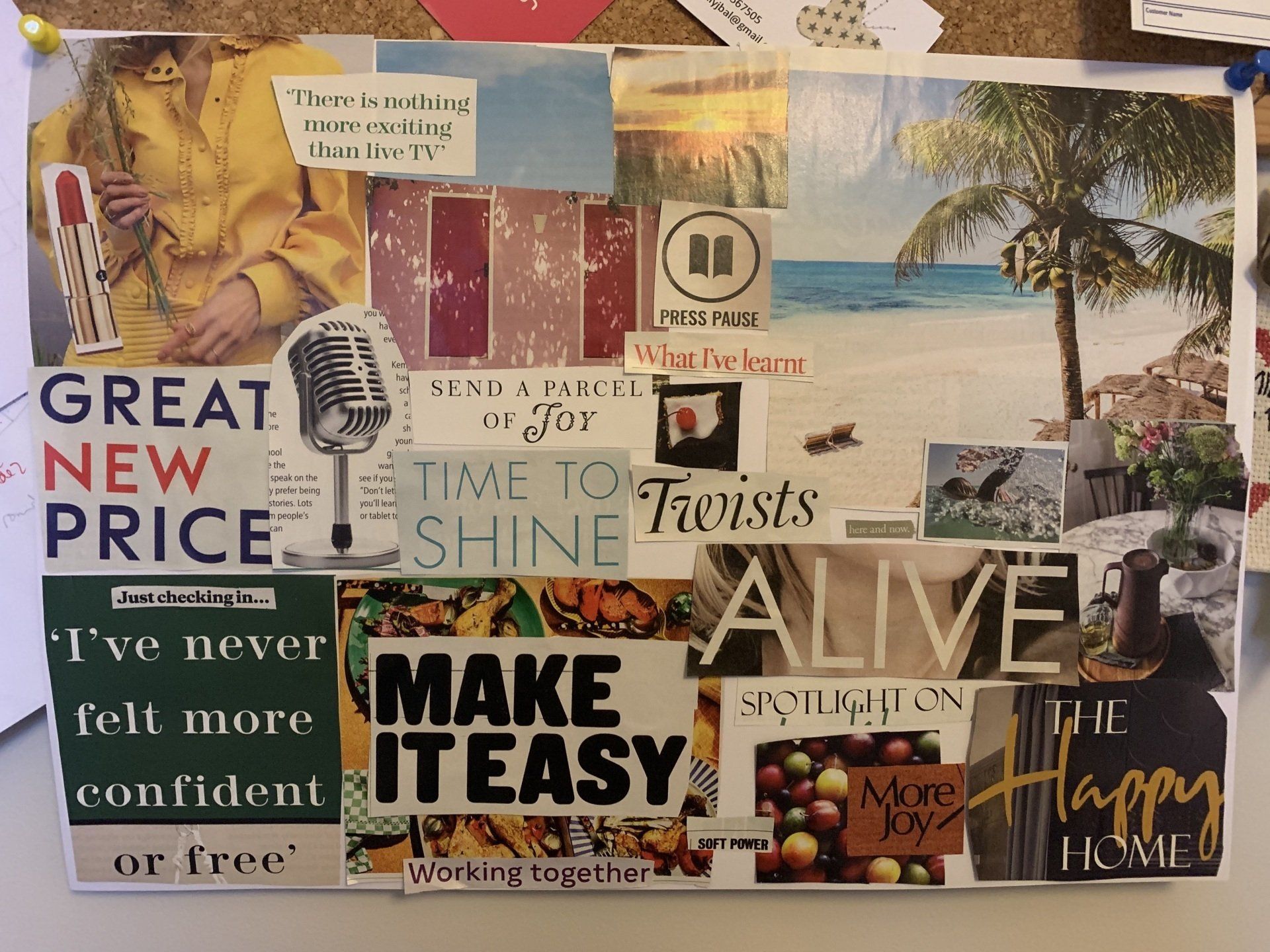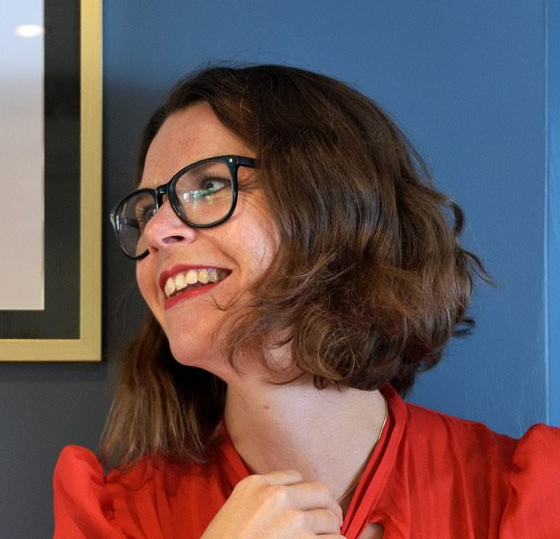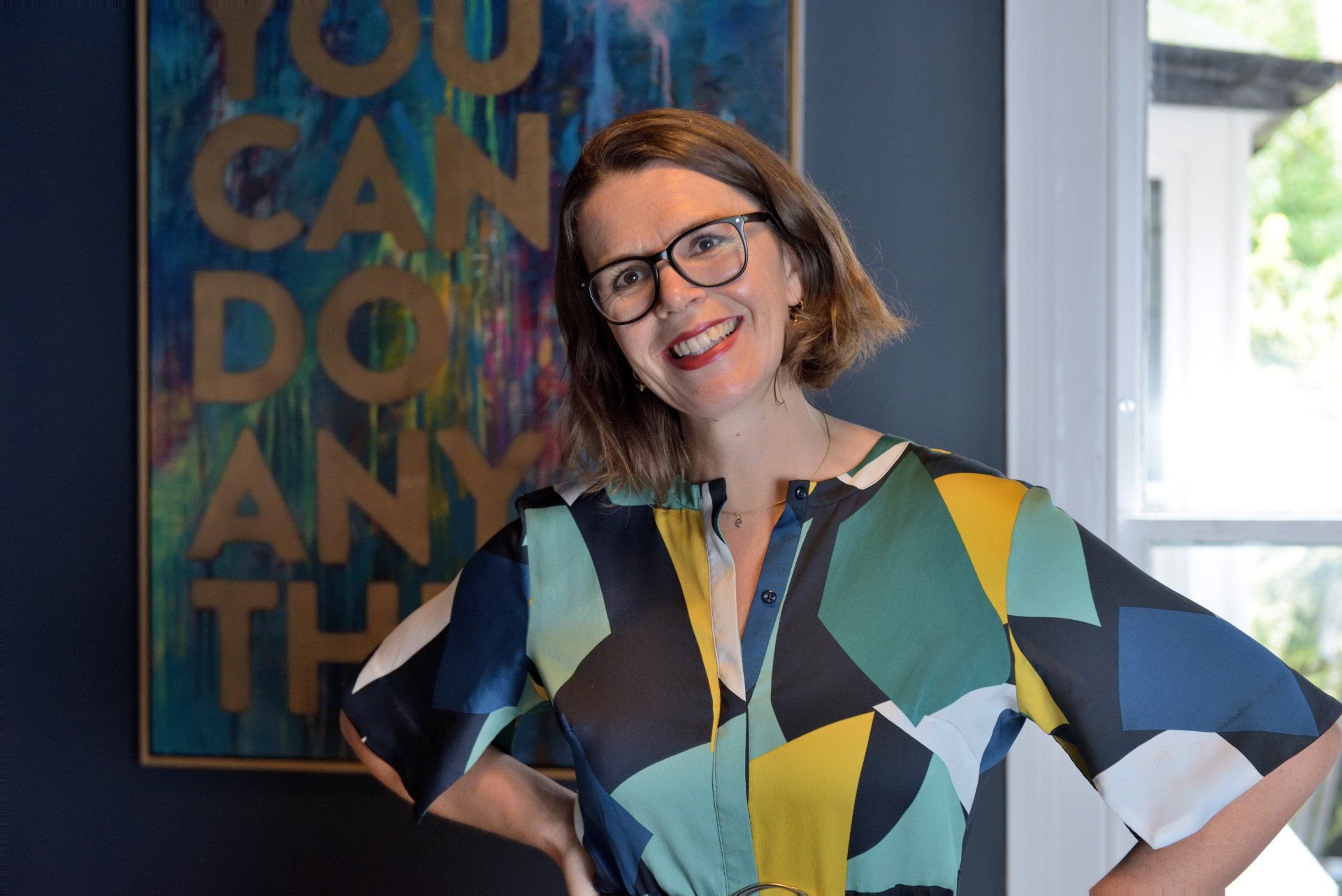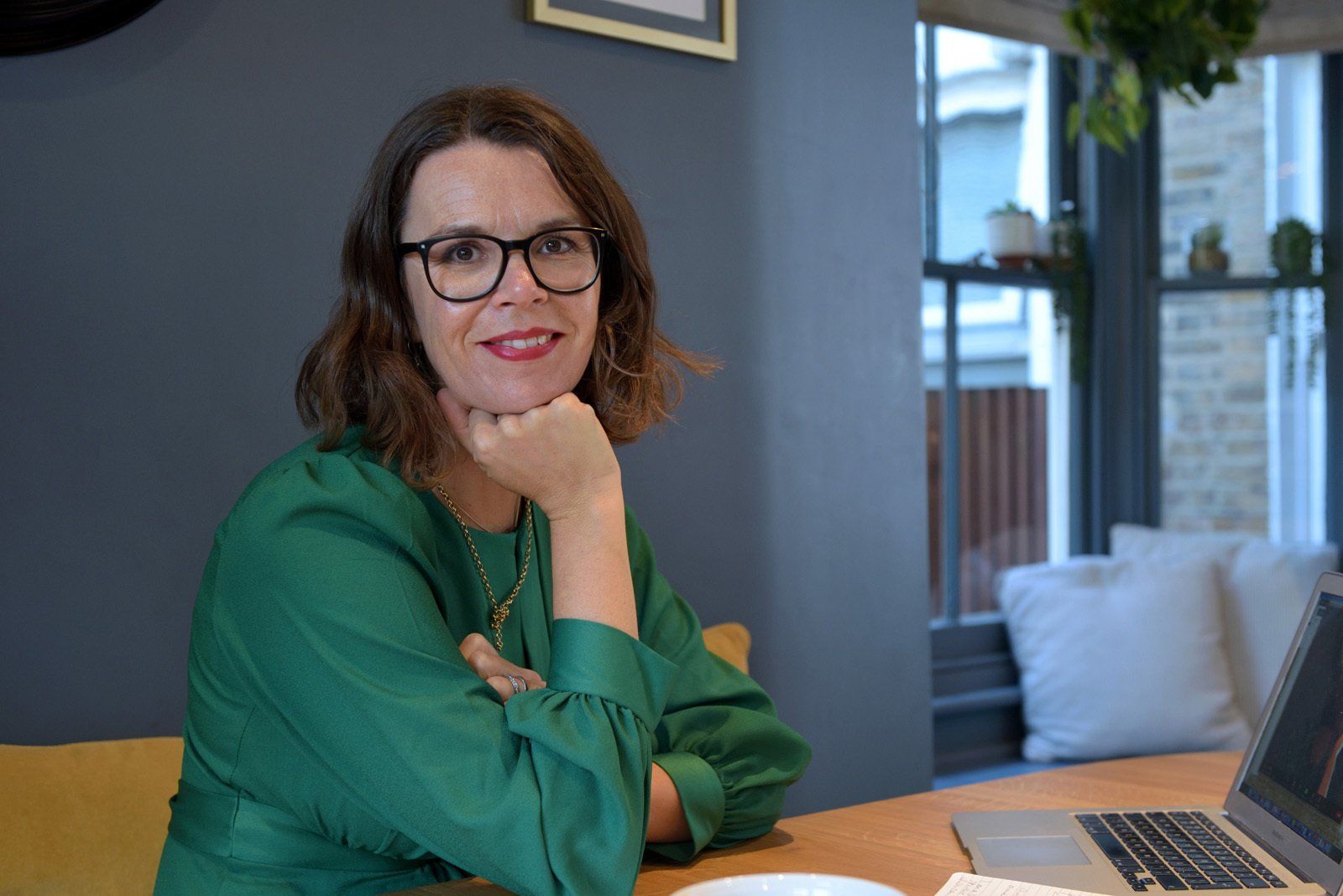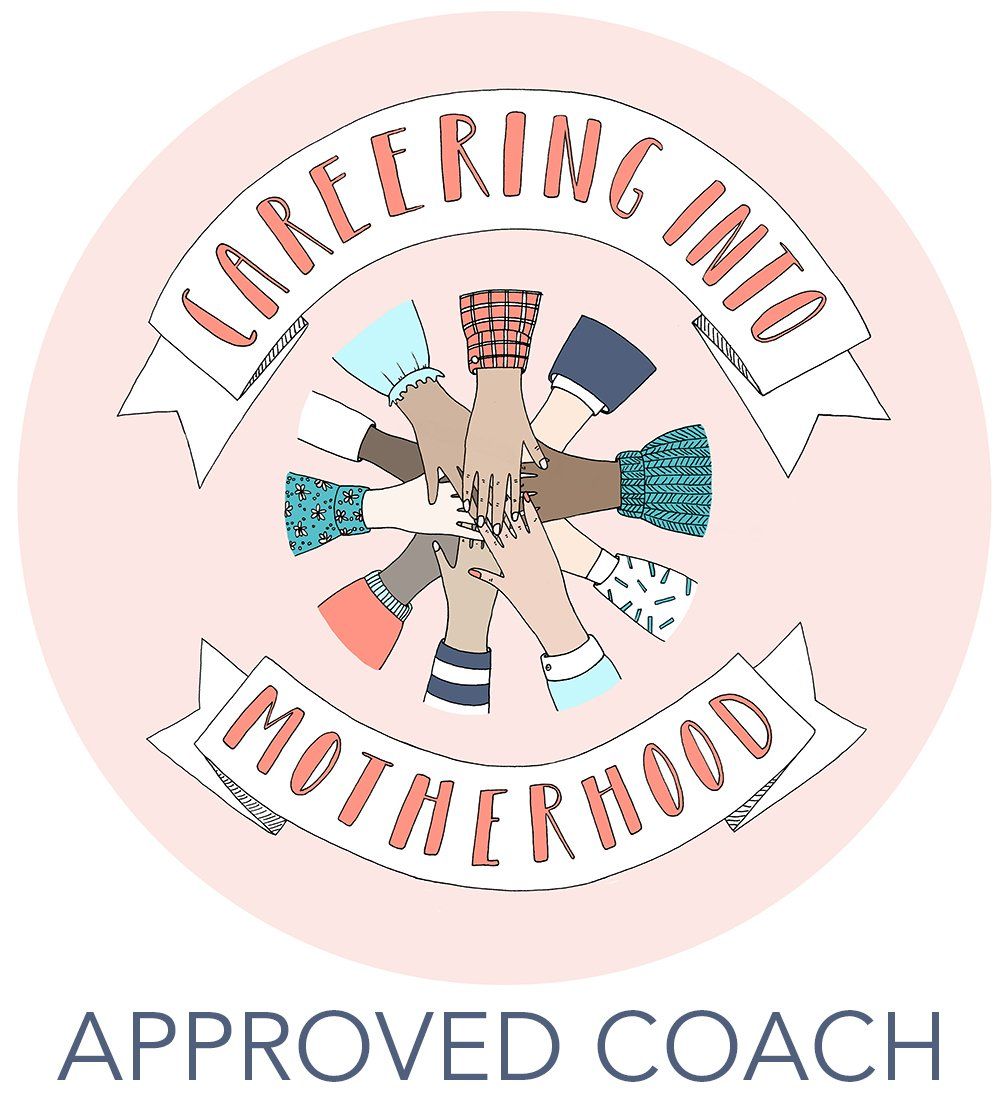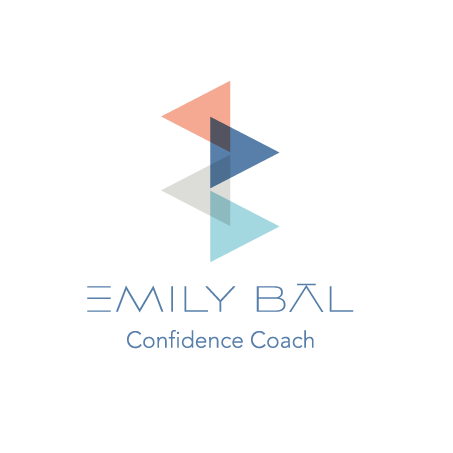We’ve all been there. You’re in an interview for a job you’re
really, really excited about. You’re nervous. Then someone says ‘Tell me about
a time when…’
Your mind goes blank.
You can only remember what you did yesterday and absolutely
nothing from the last 15 years of your successful career.
You waffle on and on and can’t stop talking because you
think if you keep talking you might eventually get to answering the question. Or
they might not notice.
The truth is you might be the sixth interview they’ve sat
through that day. They’ve heard six people waffle on and not get to the point and
that really exciting job slips through your fingers. Hey ho. Another time...
Let’s take a breath and start again. You need the STARIL framework in your life.
What is STARIL?
Applying for jobs and prepping for interviews takes a huge amount of time and energy and the STAR framework is a well known and great way to get your skills and experience in order.
Most people are nervous about interviews so I encourage my clients - and now you, welcome! - to reframe the whole process as an opportunity to showcase their talents, tell the stories they want to tell and, most importantly, to shine! Storytelling is what makes us human so get better at telling good stories well and your new job is within your grasp.
I’ve made the STAR format my own and have added a few more letters to make it more comprehensive.
STAR is an acronym for Situation, Task, Action and Result and is a well known framework for preparing interview responses, especially the ‘Tell me about a time…’ and ‘Give me an example of when you’ve done…’ questions.
In my version I’ve added I for Impact and L for Learning to the end as I think they add value and will help you stand out as a candidate. So STARIL it is and once you’ve got your stories down you can use them again and again. In interviews, on your CV, at networking events, in presentations and speeches.
Where to start?
Scrutinise the job description. What are the essential skills and experience that they’re looking for? Then think about your own career highlights reel. What would go on it? What do you want a future employer to know about you? What projects are you most proud of?
Then marry up what they’re looking for with what you’ve got. What you’re looking to end up with is a one page crib sheet with a skill or competency and a super short prompt much like below that you can take with you into the interview or have on the wall in front of you if you're interviewing online.
But before cribs sheets and interviews you have to put in the hard yards and write your stories out. Use a table like below to help you get into your stride and hopefully by story number three the words will be flowing. Be succinct. Find as much hard evidence as you possibly can. Here’s an example:
My top tips
- More is less for the first draft. Just get your thoughts down.
However, you will need to edit as the whole point of the exercise is to keep it
brief.
- Mirror the recruiter’s key words – if what you call ‘account
management’ they call ‘stakeholder relations’ call it stakeholder relations.
They need to know you speak their language.
- Make sure you practice telling these stories. Not in your
head, out loud. With a friend or loved one. To the mirror. Or to a coach. Maybe
me? More about how I approach CV and interview coaching here.
- And finally even if you’re not looking for a job at the moment
set aside some time to get your stories down. It will stand you in good stead, I promise. Once you've got some good examples down you can then keep adding to your list as you gain
experience. I really wish someone had told me this at the beginning of my career so this is my gift to you. You
can also use these stories in your CV – more on CVs here.
So there you have it, STARIL in a nutshell, a brilliant way to help you prepare and succinctly tell compelling stories in interviews.
If you enjoyed reading this blog then here are some more
What makes a great CV?How to be more confident in interviewsWhat is coaching and how does it work?If your CV needs updating find out more about working with me
here
or
join the wait list for CV Club
